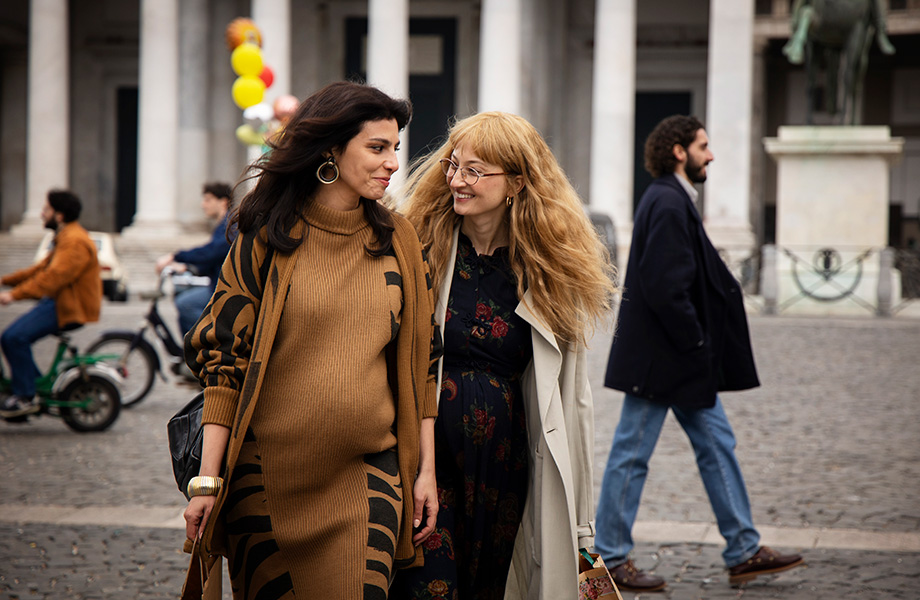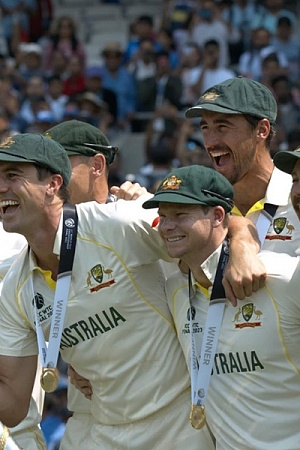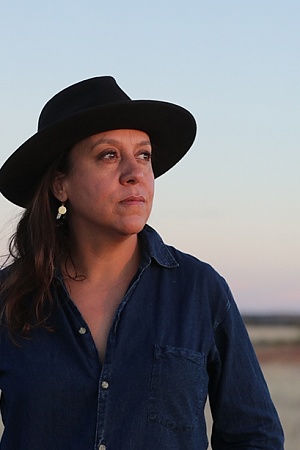My Brilliant Friend: The Story of the Lost Child

The previous season of My Brilliant Friend (L’amica geniale) ended with a moment of fairytale-like transformation, with the protagonist Elena (Lenù) Greco staring at herself in the mirror of an aeroplane bathroom. She has torpedoed her marriage to run away with the man she always loved. Looking at the glass, she ages decades in the space of a heartbeat: the cherubic, adolescent features of Margherita Mazzucco replaced with the face of Alba Rohrwacher. Her eyes glimmer with a wry intelligence.
The recasting is necessary: Lenù is now in her mid-thirties, and it would be nonsensical for her to continue to be portrayed by a teenager. But it speaks to a common childish fantasy of self-actualisation: the desire to be reborn as an older person, a more glamorous, successful, and fulfilled version of oneself. In the world of Elena Ferrante, fantasies have destructive consequences.
Continue reading for only $10 per month. Subscribe and gain full access to Australian Book Review. Already a subscriber? Sign in. If you need assistance, feel free to contact us.














Comment (1)
Leave a comment
If you are an ABR subscriber, you will need to sign in to post a comment.
If you have forgotten your sign in details, or if you receive an error message when trying to submit your comment, please email your comment (and the name of the article to which it relates) to ABR Comments. We will review your comment and, subject to approval, we will post it under your name.
Please note that all comments must be approved by ABR and comply with our Terms & Conditions.